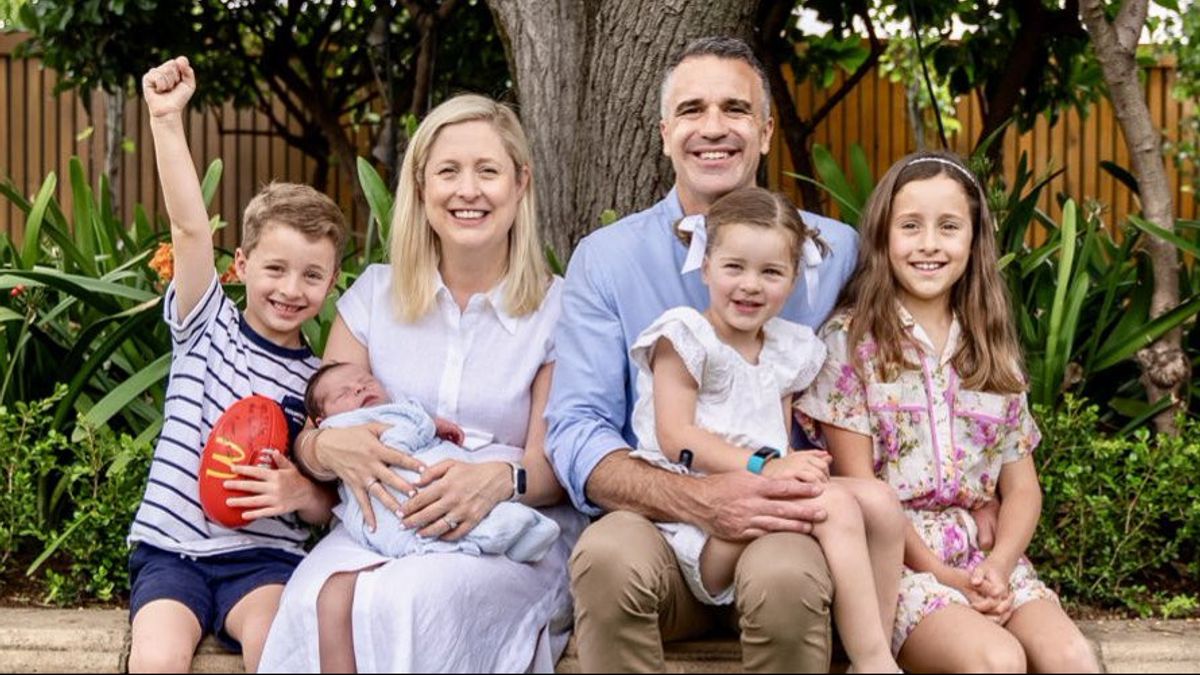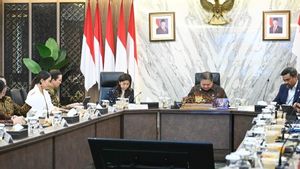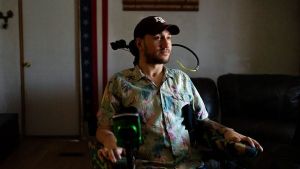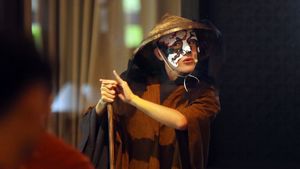JAKARTA The Australian government made a big breakthrough by imposing a ban on the use of social media for teenagers under the age of 16. This policy was born from the push of the wife of South Australian Prime Minister Peter Malinauskas, after reading the book The Anxious Generation by a US social psychologist, Jonathan Haidt. The book discusses the negative impact of social media on the mental health of teenagers, triggering the Australian government's quick steps to act.
"I remember clearly when my wife said, 'You have to read this book and do something about it,' Malinauskas told media in Adelaide the day after the federal parliament passed the law.
Malinauskas' push to impose restrictions on small southern Australian states with a population of only 7% of the total 27 million people has grown to a national policy within six months. This acceleration reflects deep concern among Australians.
Australian Prime Minister Anthony Albanese, who is scheduled to face the early 2025 elections, is supporting this policy quickly. A government survey by YouGov showed that 77% of Australians supported the ban, up from 61% in August before the official announcement.
"The federal government understands that this is a problem that must be addressed immediately and most effectively if done nationally," said Rodrigo Praino, professor of public policy at the University of Finders, South Australia.
This new regulation prohibits access to social media without exception for teens under 16, in contrast to policies in other countries that allow use with parental permission. The law gives social media platforms full responsibility, with the threat of fines up to AUD 49.5 million if it fails to prevent access by children.
Meta and TikTok criticized the policy, calling it too hasty and at risk of pushing teens into the dark angle of the internet. TikTok, which is very popular with teens, warned that the restrictions could trigger new problems.
"We are concerned that this policy will have an unintended impact, including exacerminating the conditions it wants to overcome," said a TikTok spokesperson.
Several lawmakers from the left and right sides rejected this policy, citing government overreaches and potential privacy violations. However, with the support of the majority of the government and opposition, the law passed on the final night of this year's parliamentary session and will take effect a year later.
SEE ALSO:
To ensure the effectiveness of these rules, the government will conduct a trial of age verification technologies starting early next year. The technology tested includes facial biometric analysis and examination of identity documents, which are expected to be able to prevent access by underage users.
Robert French, a former High Court judge assigned to review possible age restrictions, said that a reasonable basic model had been implemented. "This model will provide a balance between the protection of children and the responsibility of the platform," he said.
With quick steps and strong public support, Australia is now a pioneer in global efforts to protect teens from the negative effects of social media. This policy is expected to be a reference for other countries facing similar challenges.
The English, Chinese, Japanese, Arabic, and French versions are automatically generated by the AI. So there may still be inaccuracies in translating, please always see Indonesian as our main language. (system supported by DigitalSiber.id)













